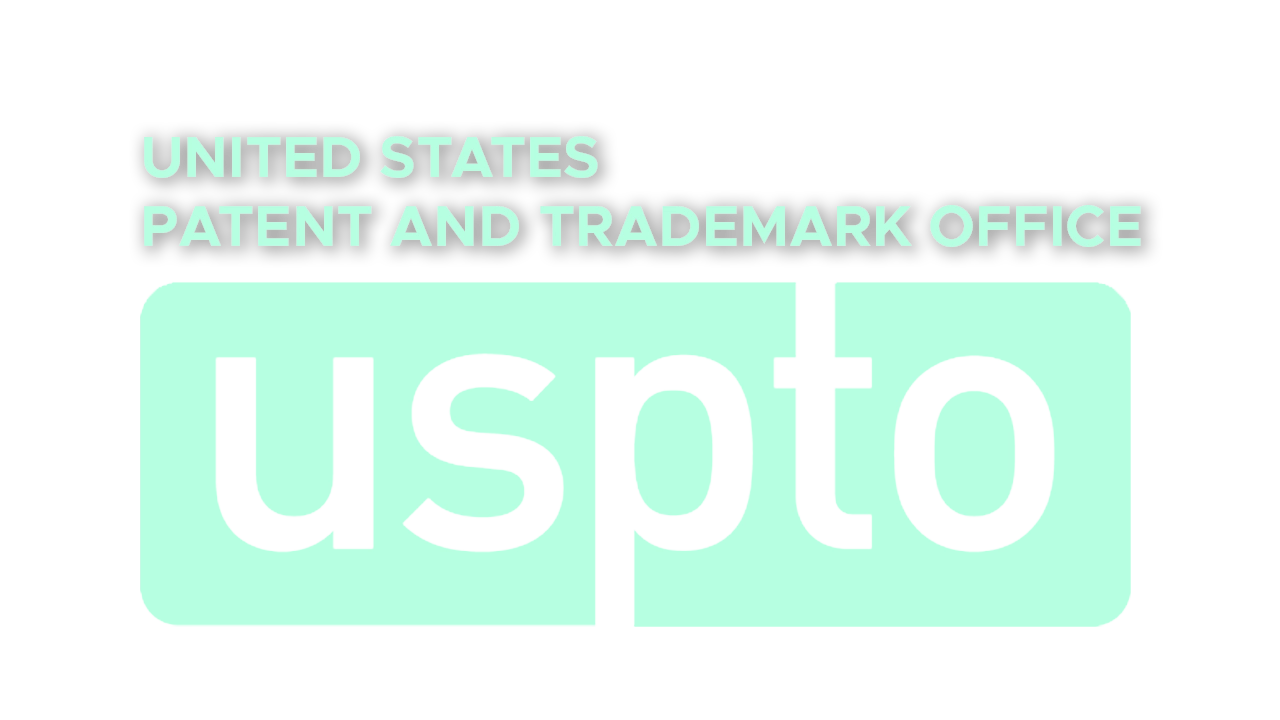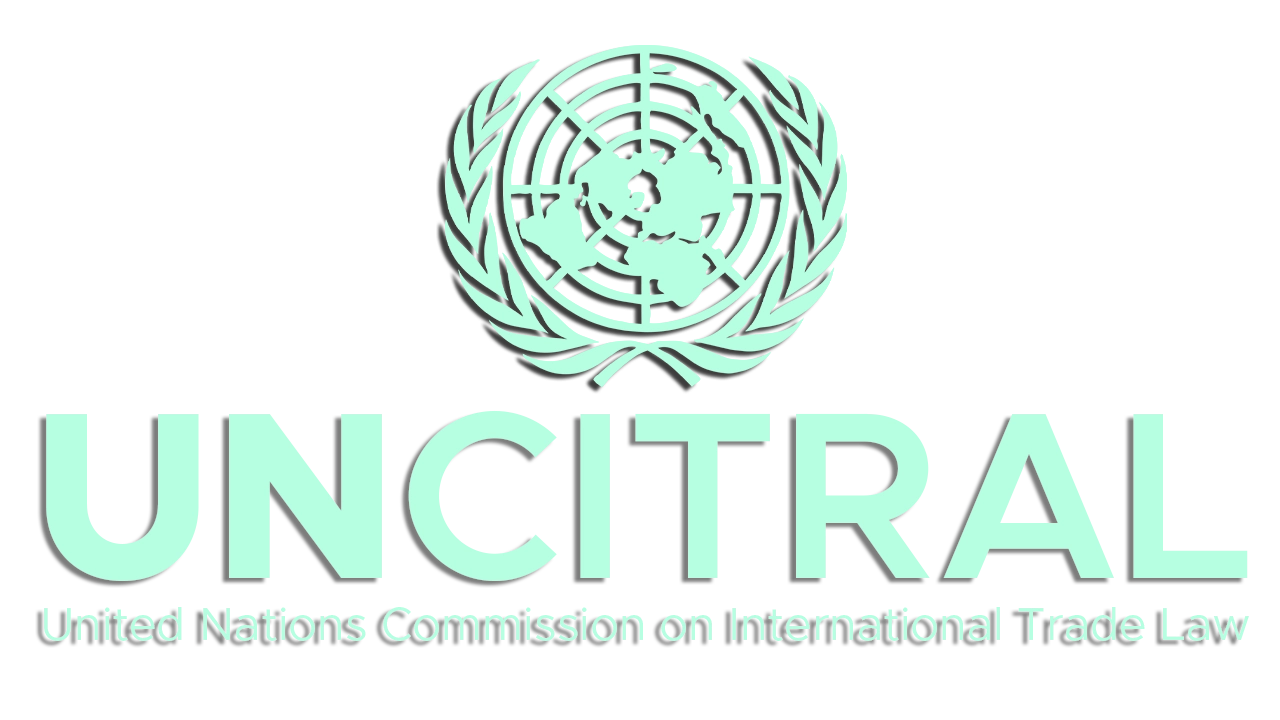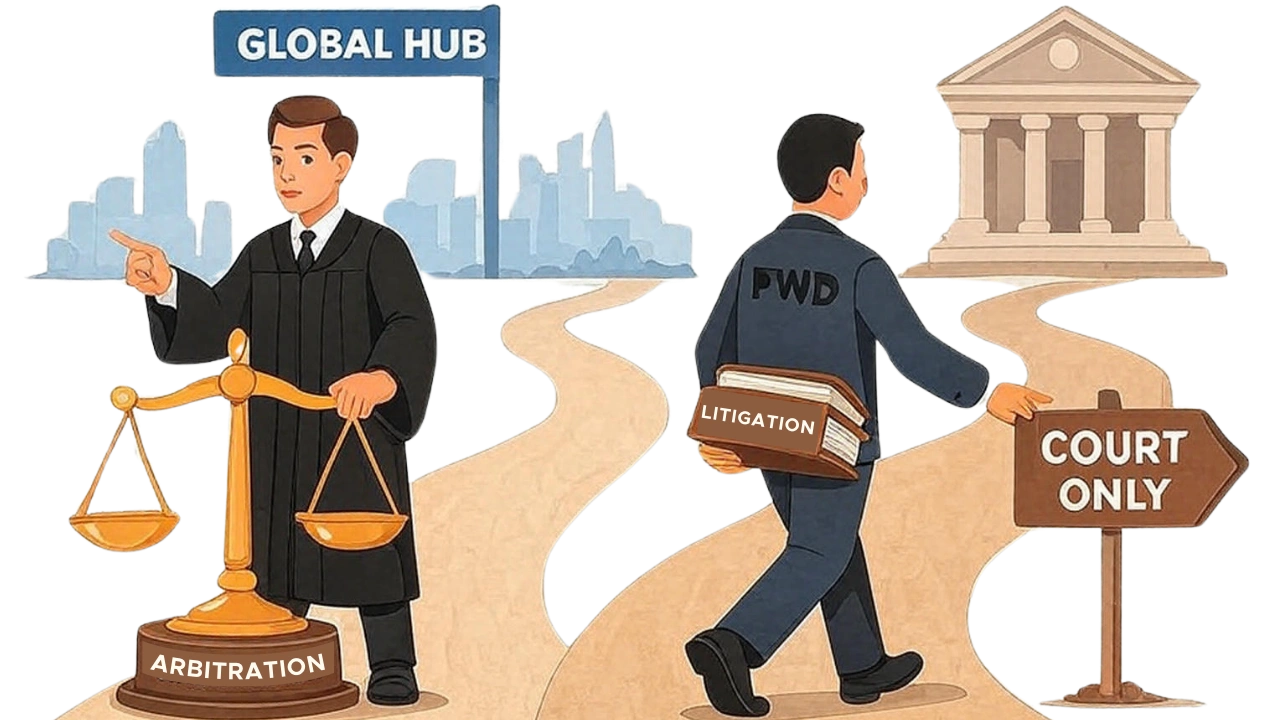Introduction
On October 17, 2025, the United States Patent and Trademark Office (PTO) announced a significant shift in the administration of Inter Partes Review (IPR) proceedings, the administrative trials used to challenge the validity of issued patents. The move involved three major, interconnected actions: the withdrawal of prior proposed IPR rules from April 2024, the centralization of all IPR institution authority under the PTO Director, and the publication of a new set of proposed rules designed to focus IPRs away from cases already involved in litigation. These changes reflect an effort to promote efficiency, reduce duplicative challenges, and strengthen the finality of patent validity determinations.
Centralizing Authority: The Director’s New Role
The announcement by PTO Director John Squires fundamentally alters the process for instituting an IPR trial. The Director will now personally determine whether to institute a trial based on a comprehensive review of all factors—discretionary considerations, technical merits, and non-discretionary considerations. This replaces the prior interim, bifurcated process from March 2025, where the technical merits decision was delegated to a Board panel.
By taking back this authority, the Director aims to streamline decision-making and remove the appearance of the Patent Trial and Appeal Board (PTAB) being responsible for both instituting and conducting the trial. The Director’s decision will now be made without delegating any part of the institution decision to the Board that would ultimately conduct the trial proceeding.
New Proposed Rules Target Duplicative Challenges
The PTO’s new proposed rules seek to “draw clearer lines around the circumstances when IPRs should or should not be instituted.” The primary goal is to redirect IPR proceedings toward patent claims that have not been substantially challenged in other venues, effectively making the IPR process a more focused, singular avenue for validity review.
The proposed rules identify three main scenarios where institutions will generally be denied, absent “extraordinary circumstances”:
Mandatory Stipulation on Parallel Challenges [Proposed Section 42.108(d)]: The PTO will not institute an IPR if the petitioner intends to pursue invalidity challenges under 35 U.S.C. Section 102 or 103 in another venue (such as a district court or the U.S. International Trade Commission (ITC)). Petitioners must now file a stipulation promising not to pursue such challenges in any other forum if the IPR is instituted.
Prior Adjudication Bar [Proposed Section 42.108(e)]: Institution will be barred where a district court, the ITC, or a prior PTO post-grant review has already issued a finding that the patent is not invalid. This rule extends the bar to dependent claims if the independent claim has survived a validity challenge in another venue.
Likely Earlier Decision in Parallel Litigation [Proposed Section 42.108(f)]: An IPR will not be instituted or maintained if a parallel proceeding in another venue is “more likely than not” to reach a decision on patent validity before the IPR’s final written decision is due.
The new rules reserve an “Extraordinary Circumstances” exception [Proposed Section 42.108(g)], allowing institution when unusual circumstances warrant it, such as a prior challenge instituted in bad faith to prevent future reviews, or a substantial change in statute or Supreme Court precedent. The rule explicitly states that “new or additional prior art” is not an extraordinary circumstance.
Conclusion
The October 2025 actions by the PTO, spearheaded by Director Squires, mark a decisive step toward fundamentally reshaping the IPR landscape. By centralizing institution authority and proposing categorical bars against duplicative litigation, the PTO aims to reduce the burden of serial and parallel validity challenges, allowing patent owners greater certainty once their claims have survived initial scrutiny. For petitioners, the new framework demands a clearer and earlier commitment to a single forum, transforming the IPR from a common second bite at the apple into a more dedicated, streamlined alternative to traditional litigation.
Expositor(s): Adv. Shreya Mishra






